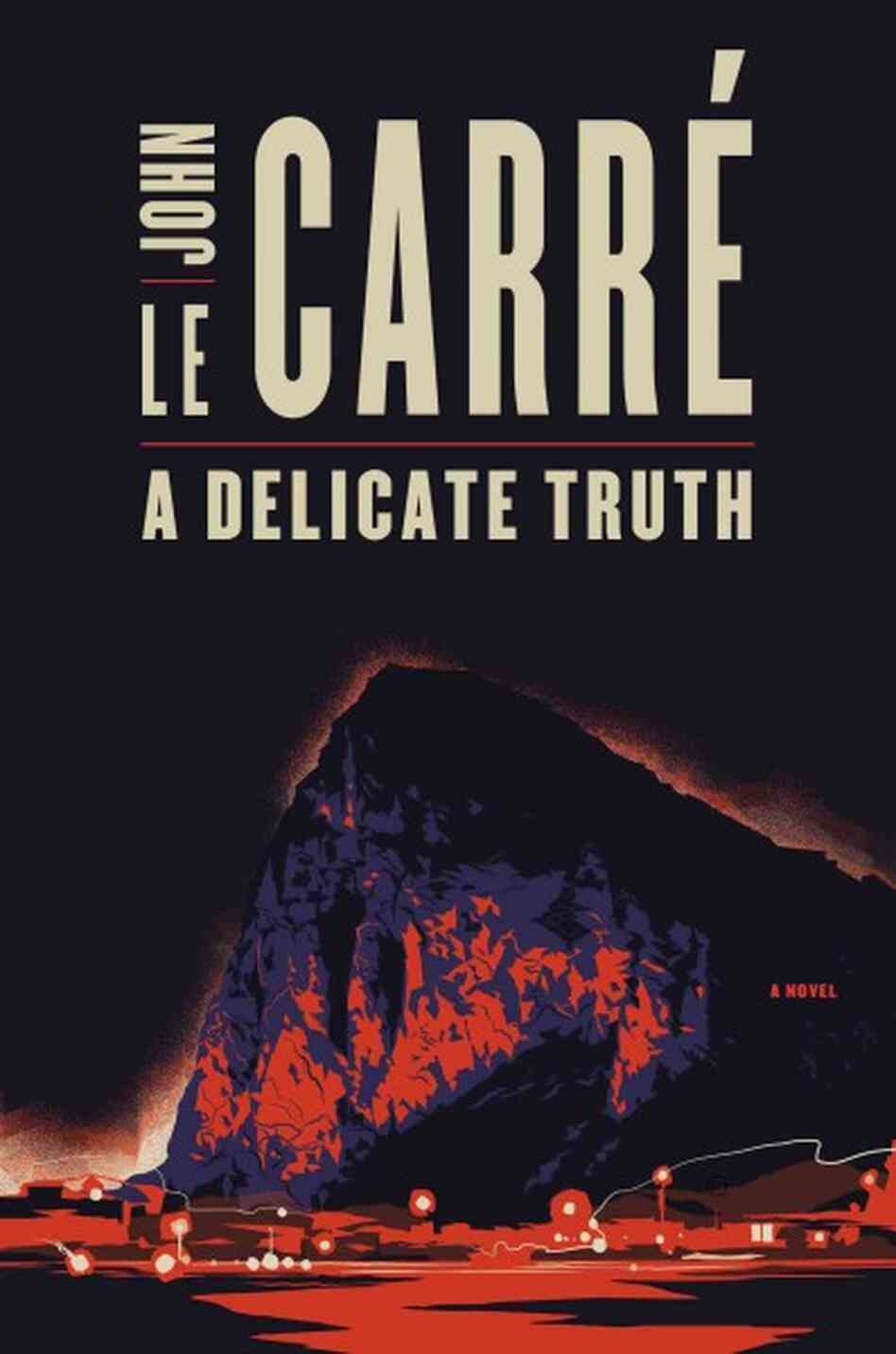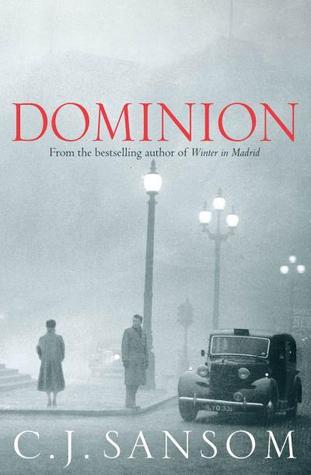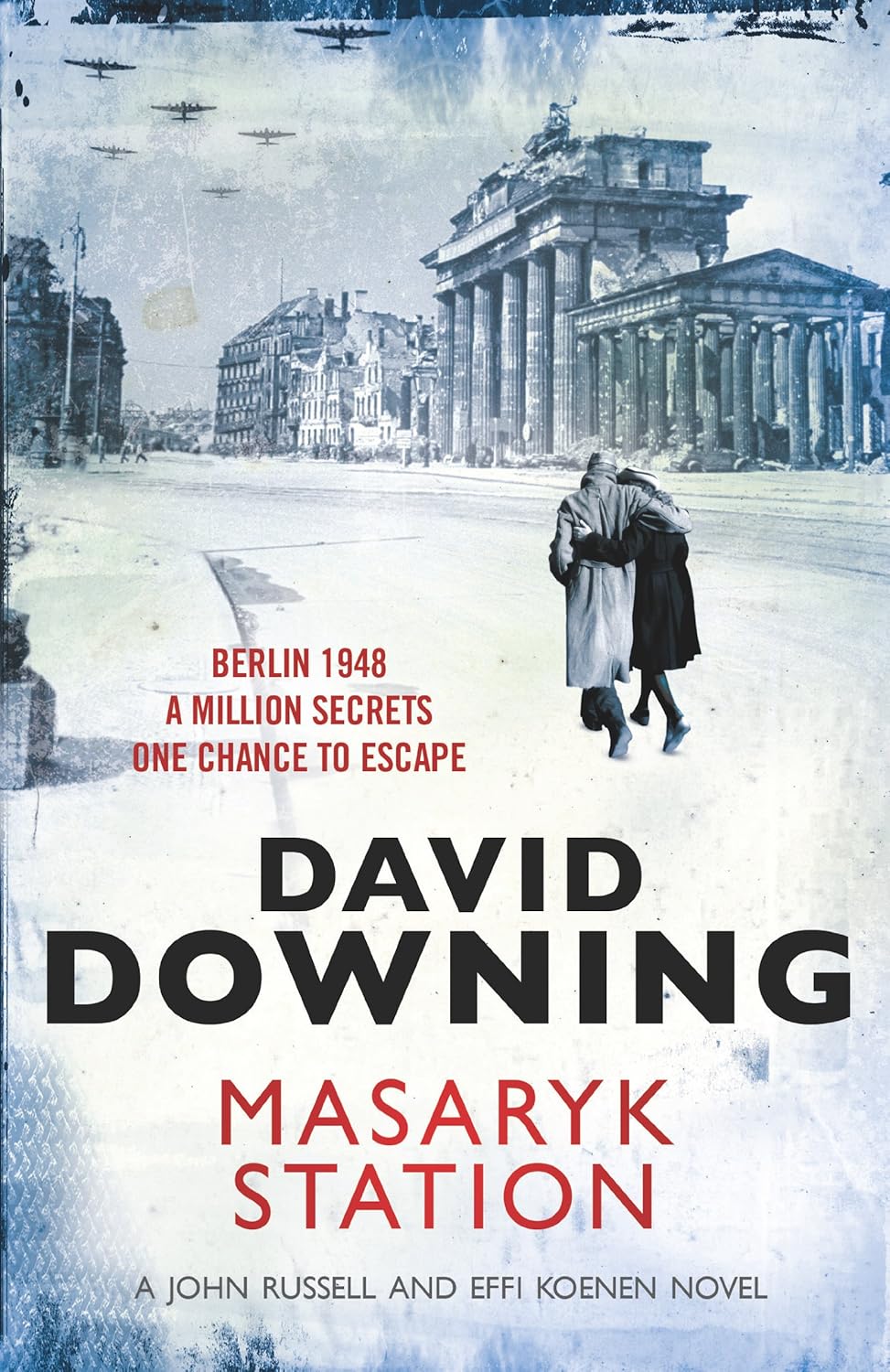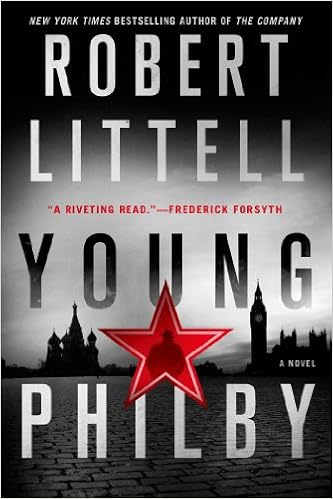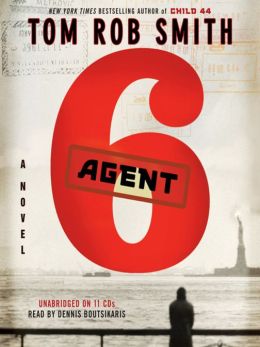The year 2013 proved to be a very good year for intelligent, well-crafted spy thrillers. (You can click on the following links for my list of 2012’s top spy thrillers and 2014’s top spy thrillers).
My picks for these top cloak-and-dagger novels published in 2013 follow.
A Delicate Truth by John le Carré
The celebrated spy novelist John le Carré (aka David John Moore Cornwell) knows both how to tell a story and how to fashion a morally ambiguous fictional world. Both of these literary skills are on full display in A Delicate Truth, which critically examines the premises and conduct of the recent GWOT (Global War on Terror) and (not surprisingly) finds it wanting.
The novel’s English protagonist, Toby Bell, a somewhat jaded young Foreign Office functionary, becomes aware of a botched commando-style raid on a house in Gibraltar where a “high-value target,” an arms buyer linked to Islamist extremists, is supposedly present. He learns that Operation Wildlife, the rendition of this supposed terrorist, has been orchestrated by a small and unsavory rogue group that includes a CIA operative, an Anglo-American defense contractor, an American evangelical right-winger, and the overly ambitious British government minister Bell has been serving as private secretary. Deeply troubled by what he has discovered, Bell finds himself risking all to expose the cover-up of the failed, and clearly illegal, mission.
As in nearly all of his post-Cold War novels, le Carré’s villains in A Delicate Truth are greedy corporate executives, CIA officials, corrupt Brits who enable the CIA, and First Worlders who oppress Third Worlders. The problem with A Delicate Truth is that the book’s plot is driven by moral outrage at the collateral damage caused by Operation Wildlife, but Operation Wildlife is, quite frankly, small potatoes in a Drone Wars world, where the President of the United States asserts his right to execute American citizens suspected of terrorism without due process. What le Carré wants us to find shocking in the dubious programs of the Bush-Blair era (rendition, enhanced interrogation, etc.) already have been replaced by GWOT policies on steroids (targeted killings by drone, NSA surveillance programs of massive scope) that involve much greater lethality.
There’s no questioning le Carré’s mastery of the genre, and A Delicate Truth will keep you turning the pages, but missing from the novel—surprising for a writer known for his subtlety—are shades of gray, of nuance, of ambiguity. Le Carré, whose politics appear to mirror those of Tony Benn, never acknowledges the difficult choices that Western governments have to make in confronting the rise of militant Islam. How should democratic societies respond to an ideology (Wahabi Islam) that violently rejects Enlightenment ideas? How should le Carré’s beloved rural Cornwall deal with homegrown radicalism, with those who advocate replacing English common law with sharia? Blaming George W. Bush and the CIA and American foreign policy for the Boston marathon bombing or (closer to le Carré’s home) the beheading of an British soldier on a London street in broad daylight by two suspected jihadis requires ignoring reality. The indelicate truth is that radical Islamists reject secular Western values and culture and will continue to do so regardless of shifts in Western policy.
The Shanghai Factor by Charles McCarry
The young, never-identified-by-name American agent in Charles McCarry’s latest novel makes a rookie mistake: he falls in love with a mysterious and alluring woman, named Mei (codenamed WILDCHILD), who is apparently working for Chinese intelligence in Shanghai. Their often strange affair can be seen as a metaphor, of sorts, for the complicated and troubled relationship between the U.S. and China.
McCarry populates The Shanghai Factor with intriguing and memorable characters: an American spymaster who plays mindgames with his subordinates; a Chinese CEO who despises the barbarians of the West and exploits their greed and arrogance; a deadly assassin who makes her living as a gourmet chef; and a Park Avenue WASP who faces her fatal cancer without flinching.
In the end The Shanghai Factor transcends its genre as it reminds us of the emotional costs of love, the compulsion of passion, and the often-overlooked psychic strain of espionage. McCarry is far from sentimental as he outlines clearly the differences between East and West—cultural, political, and spiritual—and suggests we are farther from understanding each other than we like to think.
Dominion by C.J. Sansom
C.J. Sansom says he’s intrigued by the idea of alternative history. His latest novel, Dominion, imagines England in 1952 after the Nazis have won the Second World War. In this counter-factual world, instead of turning to Winston Churchill to organize a defense of Britain in 1940, the Tories instead select Lord Halifax as prime minister and he surrenders to the Germans after battlefield defeats in France.
Sansom paints an imaginative portrait of Europe under Hitler’s thumb—there’s continuing conflict between Nazi Germany and the Soviet Union but Moscow has fallen and Stalin has been executed, replaced by Marshall Zhukov and Nikita Khrushchev. In the United States, the newly elected president, Adlai Stevenson, is hostile to the Nazis unlike his isolationist predecessors. German Jewish refugees in Britain have been forcibly repatriated to the camps in Germany and there are rumors that British Jews, already forced to wear the yellow Star of David, are next.
Against this backdrop, Sansom has written a traditional spy thriller with plenty of action and skullduggery. Part of the fun in reading Dominion is how he inserts real-life historical figures into the inverted reality he has created. Some, however, have failed to see the humor: Enoch Powell’s widow was infuriated that the Tory politician was portrayed as part of the pro-Nazi British puppet government in the novel.
Sansom’s protagonist, a British civil servant, David Fitzgerald, has joined a Resistance cell connected to Churchill, who has gone into hiding, and becomes involved in a desperate effort to keep atomic secrets out of the hands of the Germans. That twist in the plot seemed shaky on factual grounds: is it likely that the Nazi scientists who invented the V-1 and V-2 rockets, jet fighters, and other advanced military technology would have failed to build an atomic bomb independently after more than a decade of experimentation?
Dominion, while often imaginative and well-written, doesn’t rise to the level of Sansom’s Winter in Madrid and that’s primarily because much of the suspense in the book is undercut by a somewhat predictable ending which is telegraphed well before the close of the book. Yet Dominion is still an entertaining and enjoyable summer read (a best-seller in Britain!).
(My review of Sansom’s novel Winter in Madrid can be found here.)
A Man Without Breath by Philip Kerr
In A Man Without Breath, Bernie Gunther, a former Berlin cop and the hero of Philip Kerr’s noir novels, delves into the horrors committed in the Bloodlands, the area in Eastern Europe contested by the Nazis and Soviets during World War II. In the spring of 1943, Gunther is tasked with producing evidence that Stalin has ordered the execution of the Polish officer corps at Katyn Forest. At the same time, Gunther must solve a series of grisly murders of German soldiers. He recognizes the absurdity of police work under a criminal regime, and yet he strives to do the right thing, expose the guilty, and bring about a measure of justice.
A Man Without Breath is the ninth novel featuring Gunther, who is a master of snappy comebacks. His willingness to openly mock Nazi pretensions is amusing, but fantastical: it’s hard to imagine Gunther could hurl his veiled insults at German military and political leaders and still survive. Yet he’s a charming rogue and we know his copper’s heart is in the right place.
Masaryk Station by David Downing
David Downing titled his previous five John Russell novels with the names of Berlin train stations (the books in the series are titled Zoo Station, Silesian Station, Stettin Station, Potsdam Station, and Lehrter Station). For Masaryk Station, the final novel in the series, Downing turned to Prague’s train station named after the famed Czech nationalist leader Thomas Masaryk (whose son, Jan, the Foreign Minister of Czechoslovakia, died under suspicious circumstances in 1948—it’s probable that he was thrown out of a second-story Prague window by a Soviet agent).
Downing brings an end to his series with an intelligently plotted and thoughtful novel. Set in 1948, Masaryk Station finds Russell, an Anglo-American journalist who has been forced to work for both the CIA and KGB, traveling throughout Eastern Europe on various clandestine missions as the Cold War begins to heat up. In the end Downing invents an intriguing scenario whereby Russell can safely bid farewell to his days as a double (if not triple) agent.
Copyright © 2013 Jefferson Flanders
All rights reserved
Click to purchase the critically-acclaimed First Trumpet Cold War thrillers by Jefferson Flanders: Herald Square, The North Building, and The Hill of Three Borders.
